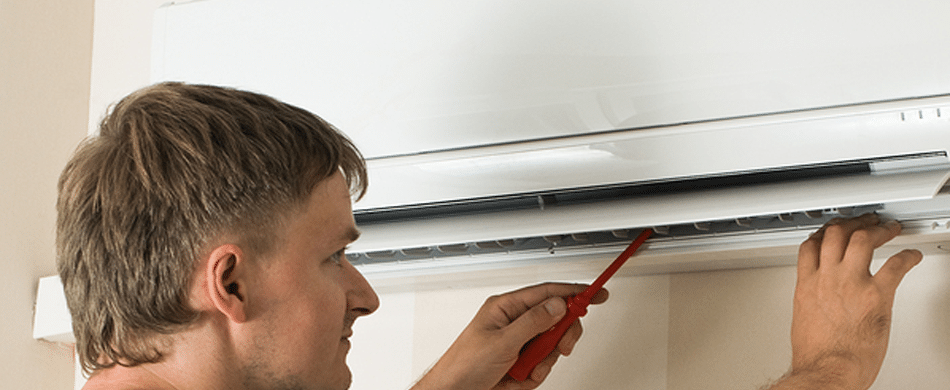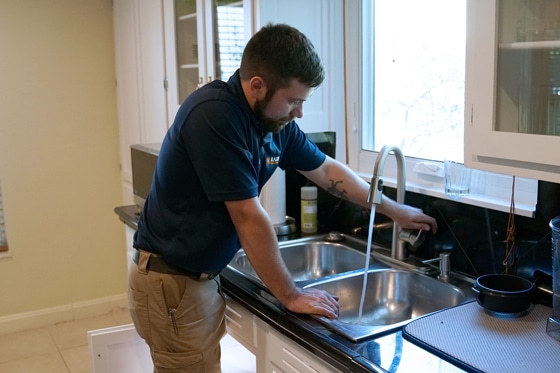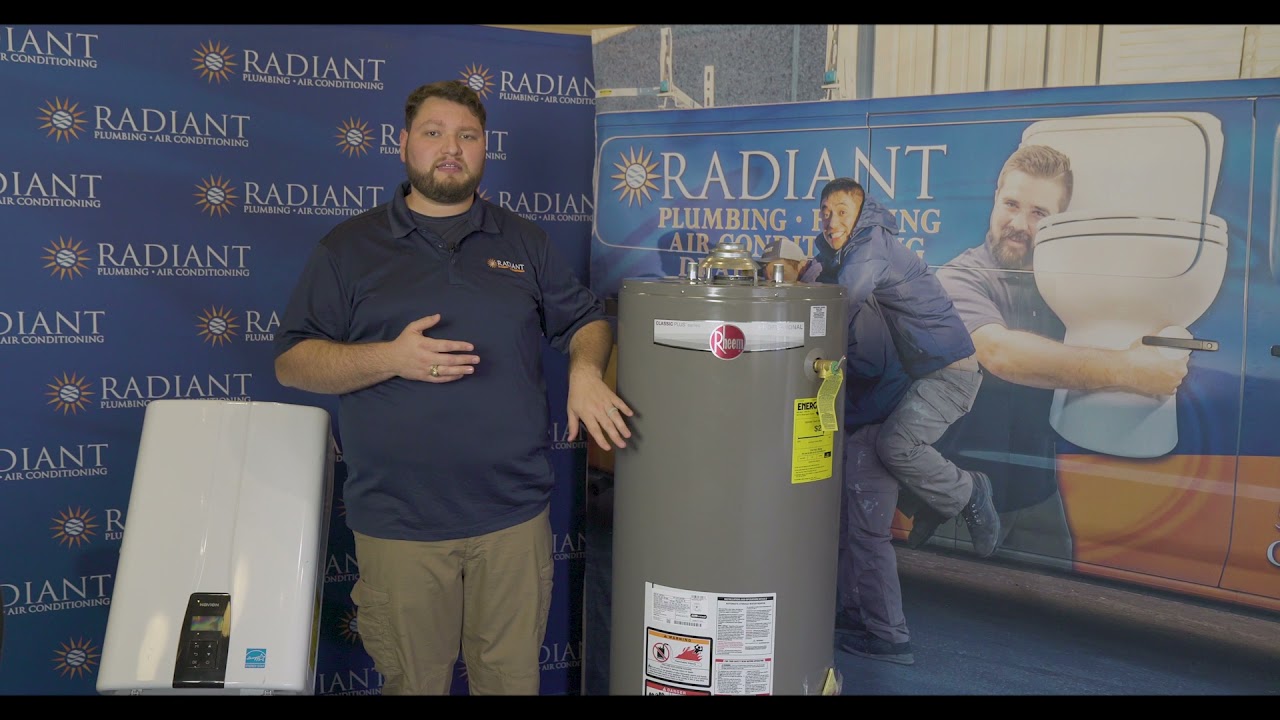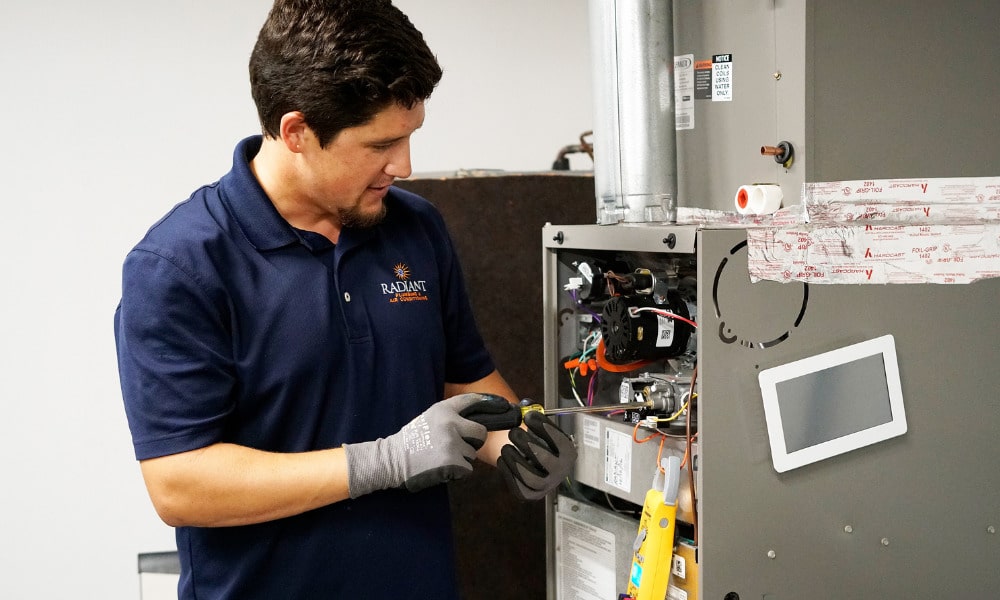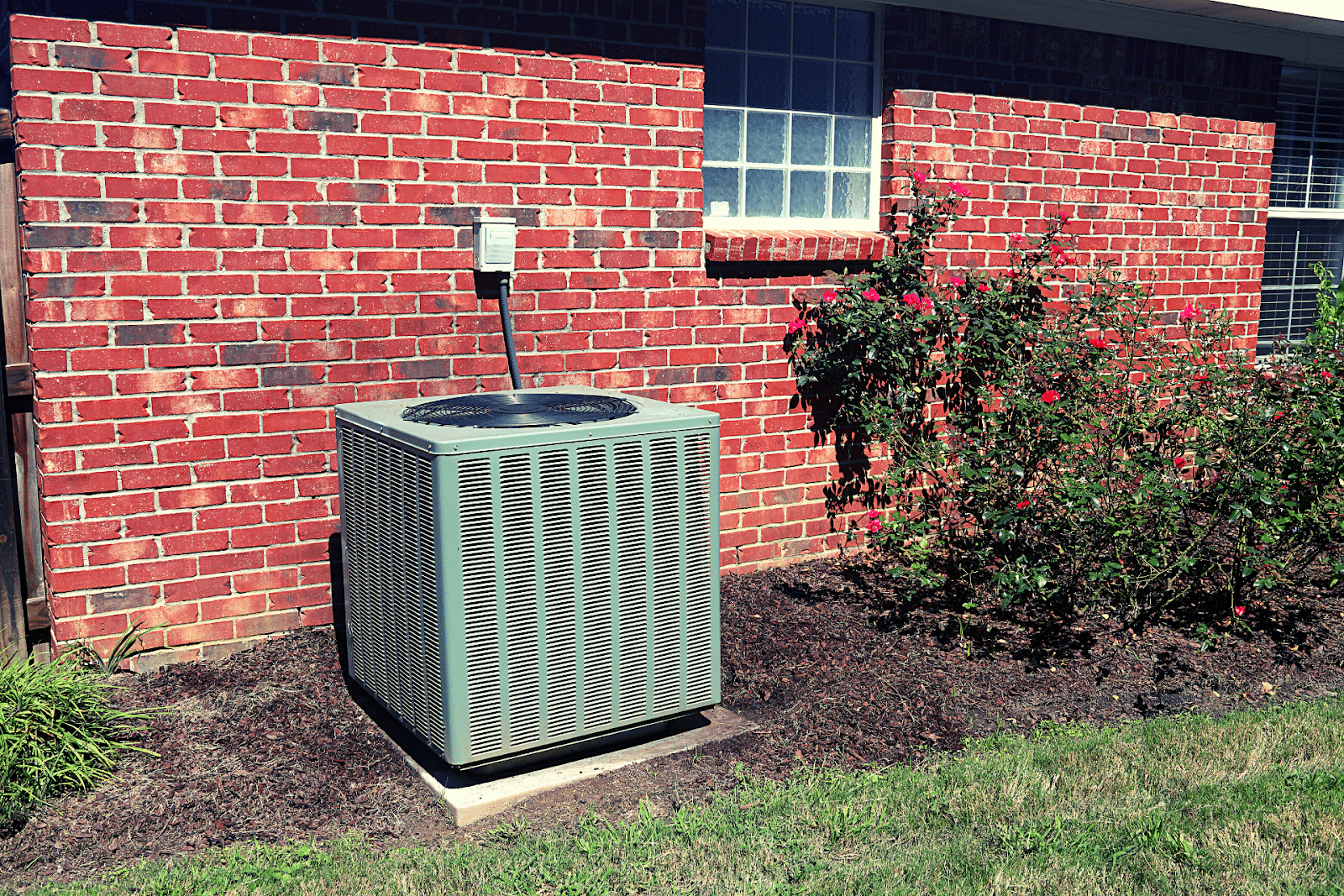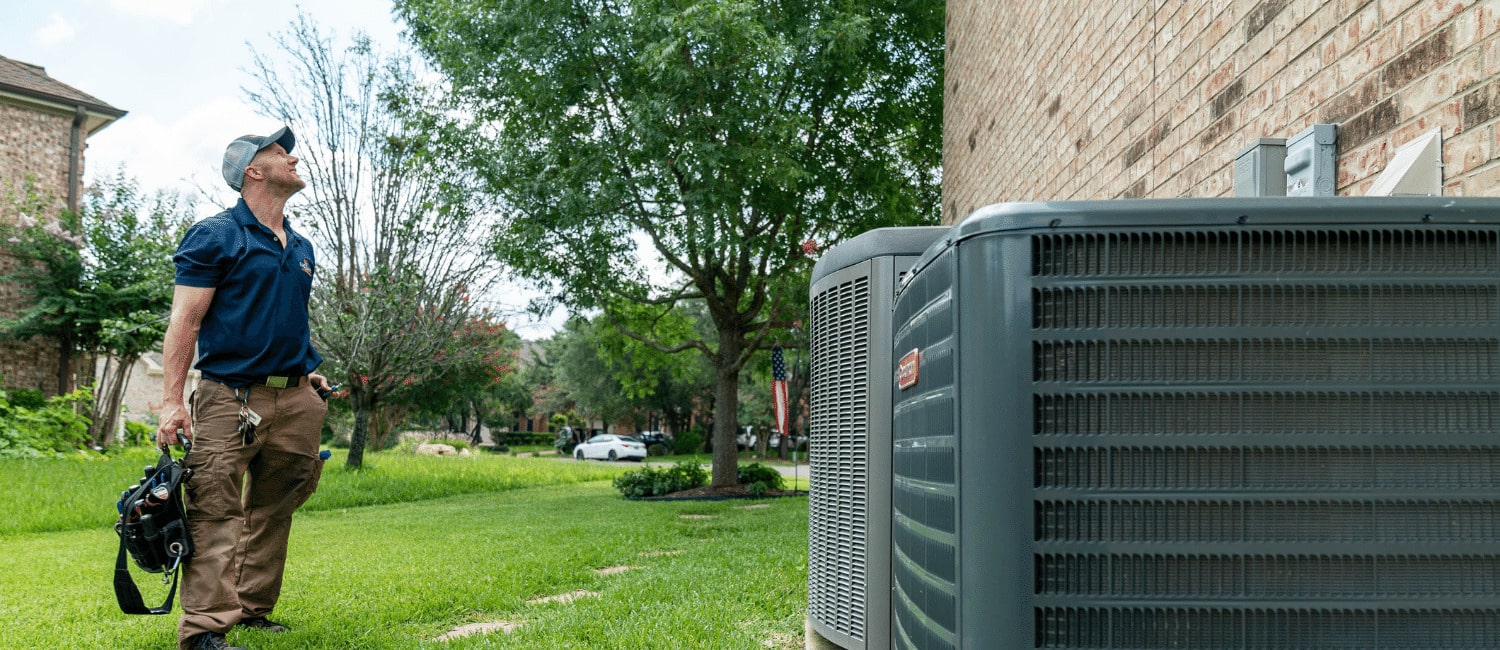What is a Compressor in Your AC Unit?
Your traditional air conditioning unit consists of four main parts. AC units come stock with a compressor, a condenser, and expansion valve, and an evaporator. The compressor in your unit is a very important part in the cooling process. It takes in freon (refrigerant) and compresses the gas into a high temperature and pressure. The component then releases hot gas, while circulating the remaining cool air throughout your system. Without a functioning compressor, your air conditioner won’t workproperly or at all.
Signs That Your Compressor is Failing
Over the years, Radiant’s HVAC professionals have seen quite a few HVAC systems go out on customers at the least opportune time. The trouble is, the exact cause of the issue is not always know with air conditioning problems. If you try and try, but just can’t figure out what the issue is, then chances are you can start looking at the compressor. If you have a problem, you’ll know it by these symptoms:
- AC turns on and off frequently: Each time the unit kicks on, it uses a lot of energy. Because of this, the ability of the air conditioner to achieve and maintain comfortable temperatures is significantly reduced.
- Reduced cooling capacity: This could be caused by pressurization issues. Though, you’ll want to have that determined by a professional because it could also be caused by an improper refrigerant charge.
- Motor won’t start: If the motor won’t start, it’s probably because of a faulty start capacitor.
- Failure to Start: You may a defective motor if your unit doesn’t continuously run or doesn’t start.
- Overheats: Faulty wiring or faulty motor could be the culprits, but there are a variety of reasons that could cause the compressor to overheat.
